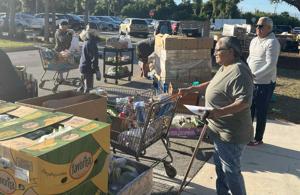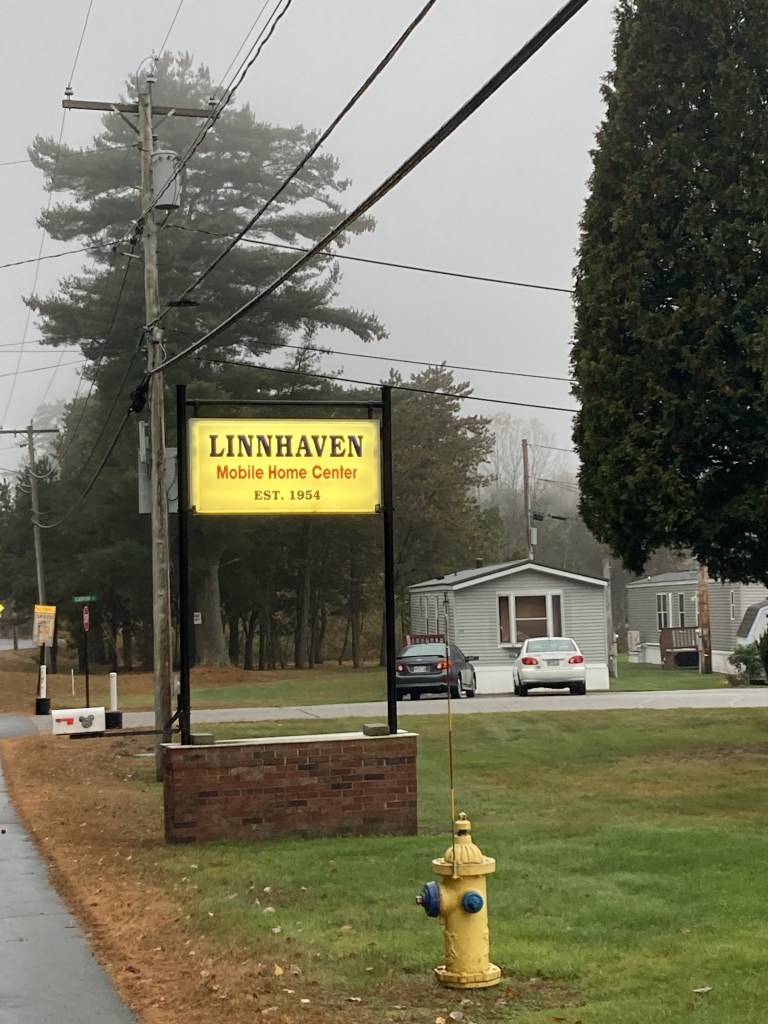Food pantries across the region are facing unprecedented demand as federal Supplemental Nutrition Assistance Program (SNAP) benefits are set to expire this weekend. Many residents are turning to these resources for the first time, seeking support as their budgets tighten.
The end of SNAP benefits, which have provided crucial assistance to families during challenging economic times, is prompting a significant increase in visitors to local food banks. Many individuals who previously relied on government support are now facing food insecurity. According to local non-profit organizations, this surge in demand is placing immense pressure on food pantries already struggling to meet the needs of their communities.
Rising Demand and Depleted Resources
In recent weeks, food pantries have reported a noticeable uptick in visits. For instance, the Community Food Bank in Springfield has experienced a 60% increase in clients compared to the previous month. Executive Director Maria Sanchez stated, “We are seeing families who have never needed help before. This is a critical moment for our community.”
Many pantries are working diligently to ensure that they can provide sufficient food supplies to those in need. However, the rising demand is creating challenges. With the influx of first-time visitors, some food banks are running low on essential items such as canned goods, fresh produce, and dairy products. Volunteers are doing their best to keep the shelves stocked, but the situation remains precarious.
Community Response and Support Efforts
Local governments and community organizations are mobilizing to address the growing challenges faced by food pantries. Efforts include food drives, fundraising campaigns, and partnerships with local businesses to secure donations. These initiatives aim to replenish supplies and support pantries in their mission to assist families during this difficult period.
In addition, community leaders are advocating for the restoration of SNAP benefits. They argue that such support is critical not only for those directly affected but also for the overall economic stability of the region. “Access to food is a fundamental need. Without SNAP, many families are left vulnerable,” stated Tom Reynolds, a local council member.
The ramifications of ending SNAP benefits extend beyond individual households. Local economies may also feel the strain as families cut back on spending due to food insecurity. This situation necessitates a robust response from both governmental and non-governmental entities to ensure that no one goes hungry.
As the weekend approaches and SNAP benefits cease, food pantries are bracing for continued challenges. The commitment of volunteers and community members remains strong, but the urgency for support is palpable. With the ripple effects of this policy change still unfolding, the need for collective action to address food insecurity has never been more critical.







